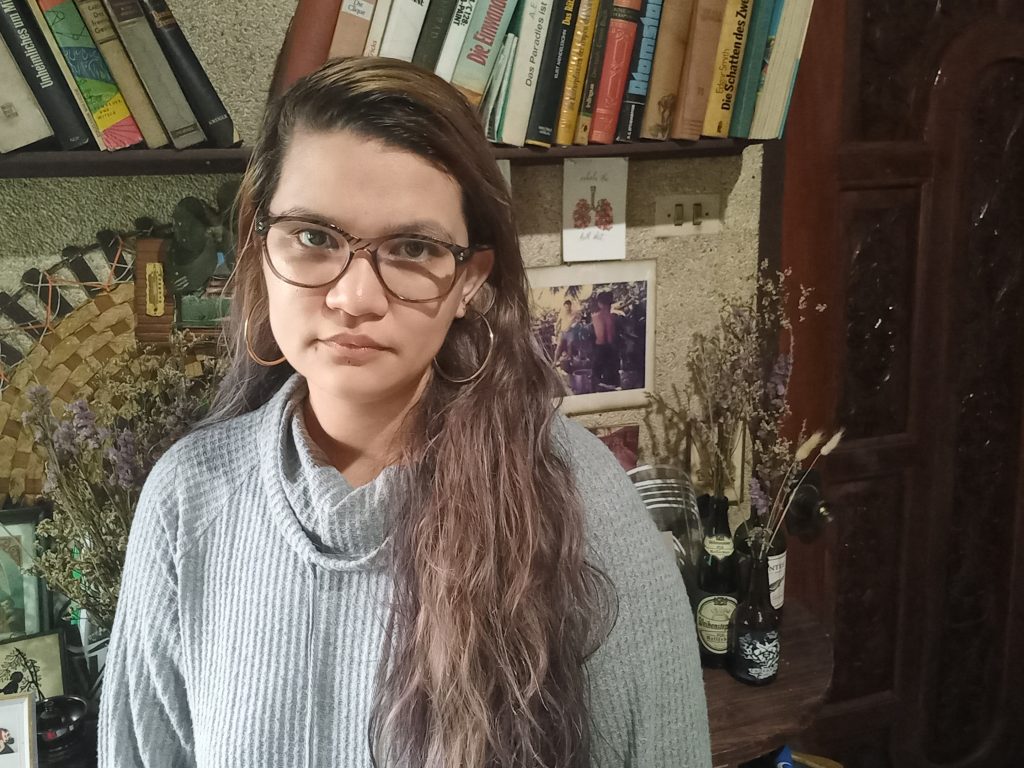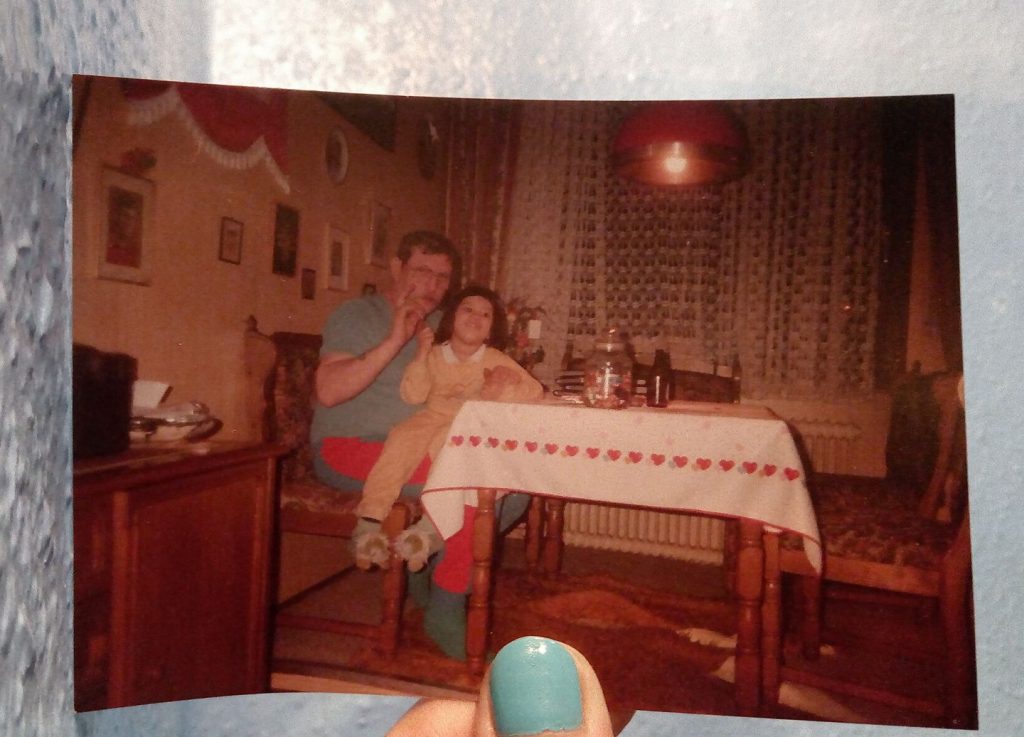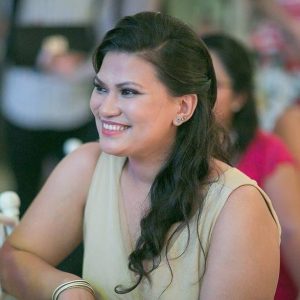When I was around six years old, I remember my first heated, stomach-churning conversation topic: death.
Ah, yes. Every wide-eyed child’s favorite topic.
My family and I used to regularly visit the Philippines before permanently moving and settling down in Cebu. This meant that my summers as a child were spent with my much older cousins, listening to their teenage and young adult drama and trying to have some level of “grown-up” conversations with them. One sweltering summer evening, my cousins and I were sprawled out next to each other on their bed, throwing around jokes, talking about how our day went and, quite profoundly, what our plans for the future were.
Fresh from a beach trip, I announced that I wanted to spend a lot of time with my father, play games, and go on endless adventures with him.
“But he won’t be around forever,” my cousin said with very little tact (while probably still meaning well).
That greatly confused my six-year-old brain. ‘Not around forever?’ What did that even mean? I pressed for an explanation because from what I could tell, my father was not really going anywhere. Settling down in the Philippines, enjoying the tropics, and getting away from Germany’s icy winters were the family’s main goals.
“People die,” my cousins explained.
“Die?” I asked. That was a strange concept – I needed more answers.
One of my cousins chuckled, amused at my naiveté, and explained that people would die ‘when their time would come’, leave earth and we’d no longer physically see them. “That’s just how it naturally is,” he added.
I remember throwing a fit and promptly bursting into tears. I did not like the concept of death and how people would just leave us behind. It just did not seem fair – why would people leave earth? I told my cousins that I did not believe that this was true: people shouldn’t leave.
My cousins were gentle and tried their best to explain death to me, finally realizing that they unwittingly entered a minefield and explosions were going on left and right. I refused to listen or understand their explanation and tried to reason with them – couldn’t death be negotiated? Didn’t Son Goku have Dragon Balls for him to constantly back from that platform in heaven? This whole death concept sucked.
When my tears wouldn’t stop and I turned into a puddle of hiccups, my aunt finally stepped in and gently explained how death worked. I listened in between wheezy breaths and feeble attempts to try to negotiate the concept – maybe our family could just stick around and not die? But apparently, no, that’s not how life worked.

When I was asked to write why it was important to engage with different opinions, this memory came to mind. It may seem like an odd choice, especially now in a world where we are bombarded with different opinions every day on various social platforms, but to me, this was my rawest memory of having deep opposing opinions and talking through them.
These days, we live in a world where different opinions are literally shoved down our throats, and oftentimes, it may seem like there really is no way of negotiating or understanding polarized views. In a reality where everything moves so fast, we find ourselves talking over each other rather than engaging and trying to understand one another.
Growing up, my father always taught me to sit down and hold space with him. We’d settle by our garden table, he’d nurse a bottle of beer, and we’d talk about anything that sparked interest or needed to be talked over.
My dad and I rarely agreed on things, especially on political and social matters. I understood that we’d clash on many views because his realities were vastly different from mine. Both he and I grew up in a world that was so different at our times that each of our experiences shaped our views and opinions differently.
While our afternoon conversations would often take a turn of exasperation, raised voices, ‘wtf did you just say?’, we both came together because we wanted to learn from each other and explore our different perspectives and realities. I understood he was a white man with a childhood filled with war and bomb shelters, and in the same way, he understood that I was a curious young woman who had the opportunity of higher education in a new world. Our echo-chambers were vastly different, but we both wanted to listen in on each other.
Despite how exasperating some of our conversations were, I loved my afternoon talks with my father. My father constantly respected my views and he genuinely showed interest to learn and understand where I was coming from. It was from him where I first learned the importance of understanding other people’s realities – because whatever their views were, they had to be shaped from some experience; there had to be deeper stories behind opinions that were vastly different from my own.
“Hör zu (Listen),” my father always told me in his stern German on days where I was stubborn, our opinions would clash, and I refused to flat out listen. By listen, he would mean that I had to truly listen (and knock me off my high horse) – understand what he was saying, and recognize the space and reality he was coming from. By being able to truly listen, I would be able to learn and appreciate new views.

Many years later, when I started working as a journalist and now on as a social development worker, I took that understanding and experience with me. As a journalist, I had to interview and talk to people who would have opposing opinions and views. Rather than just write about their biases and opinions, I made it a point to understand where they were coming from to shape more cohesive stories. As a social development worker, I have the honor of talking to and working with people from various walks of life whose experiences and realities are shaped so differently from mine or each other’s. As I work with communities on the ground, it is critical for me to understand their realities, their own echo-chambers, so I could have a fuller view of where they are coming from, learn from them, and gain multiple perspectives on issues we are facing.
I know for many, engaging with different opinions is tough. And there can be so many factors behind why it’s so difficult – perhaps our echo-chambers are too loud or we are not ready to move out of our own echo-chambers just yet; maybe the other party’s echo-chamber is too loud and they are unwilling to listen to our opinions, or perhaps we just don’t find the opportunity to make space and to listen in on each other. Maybe we’re not even used to holding deep conversations anymore as different social platforms seem to work towards making communication shorter and faster with less of a human touch.
I’m by no means a communication expert, but what I’ve discovered while allowing myself to engage in different opinions is that I give myself an opportunity to learn and understand. I gain new perspectives over topics and issues that I may have not seen (or refused to see) before. I get a fuller picture, and more importantly, I gain a deeper understanding of the person I talk to.
Most often our views are formed by echo-chambers of ideas and views we agree with, because that’s a space I’m comfortable in. The value I see of holding conversations with people who hold different opinions than mine is that I am able to pop filter bubbles.
I also discover that I’m not always right, and by no means am I always right and I honestly do not think any opinion is perfect. By engaging in different opinions, and truly listening, I am able to learn new things – and that allows me to become a better employee, girlfriend, or all-around person.
Admittedly, engaging in different opinions is uncomfortable at times, especially when things can get potentially heated or when we don’t feel safe. That’s why holding space – creating a safe space for conversations – is so important. By doing so we are able to engage mindfully and not talk over each other.
In today’s world, holding meaningful and oftentimes opposing conversations is important. Equally important is holding these mindfully and respectfully because conversations are powerful tools to leave a mark in each other’s lives and the communities around us.






